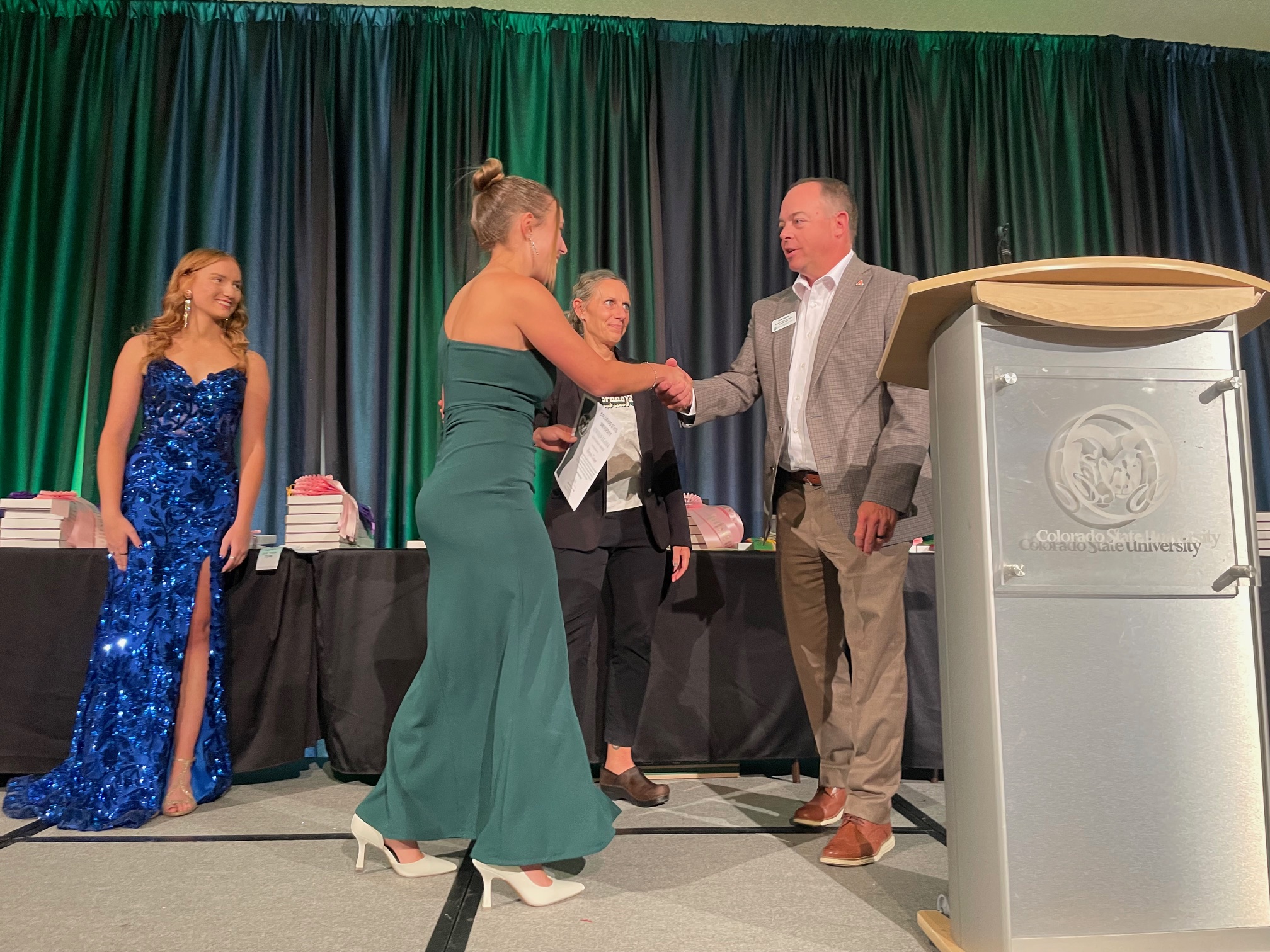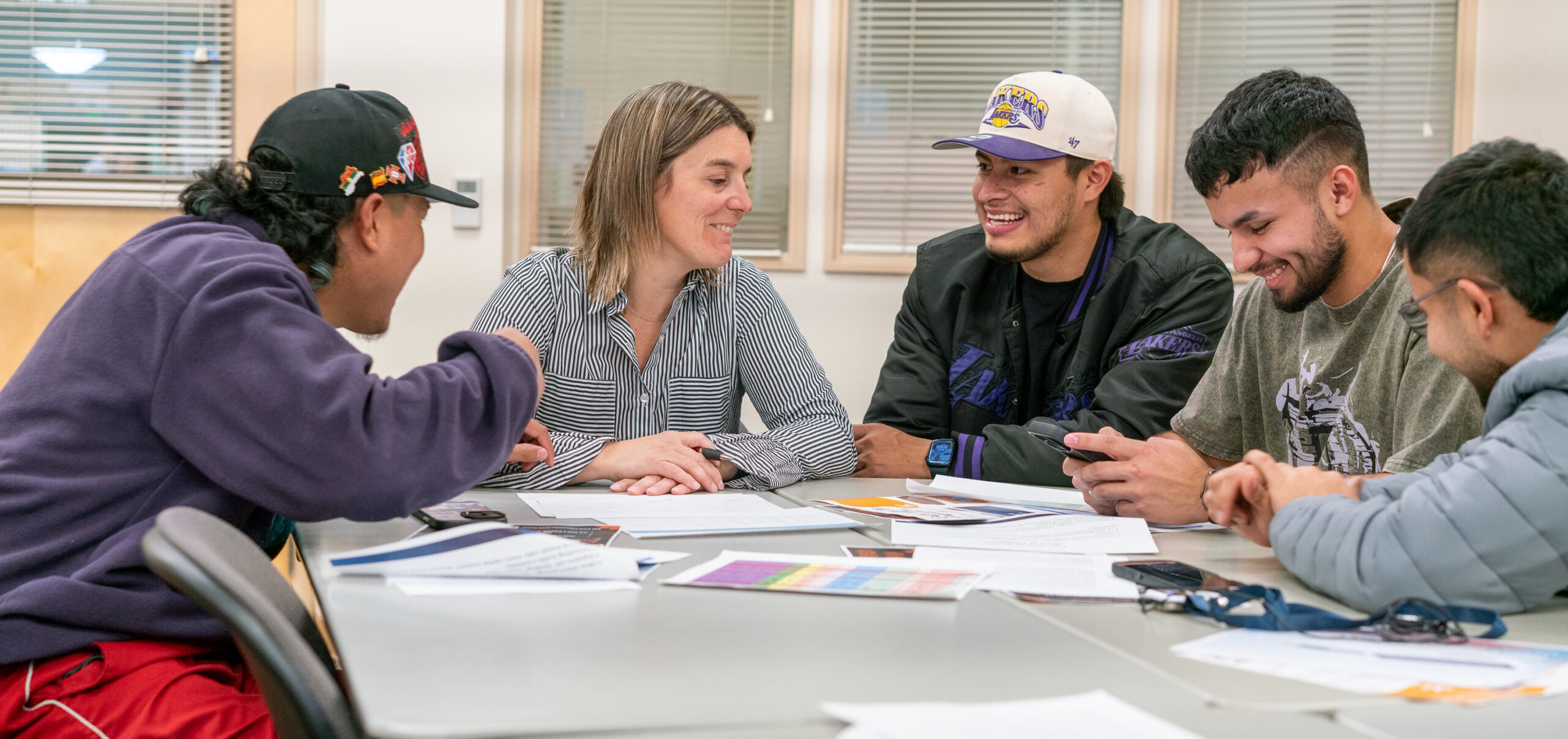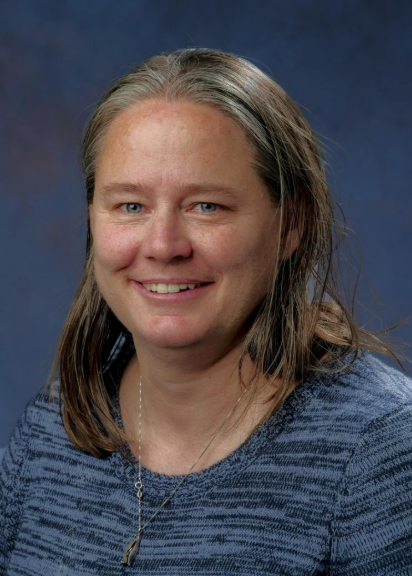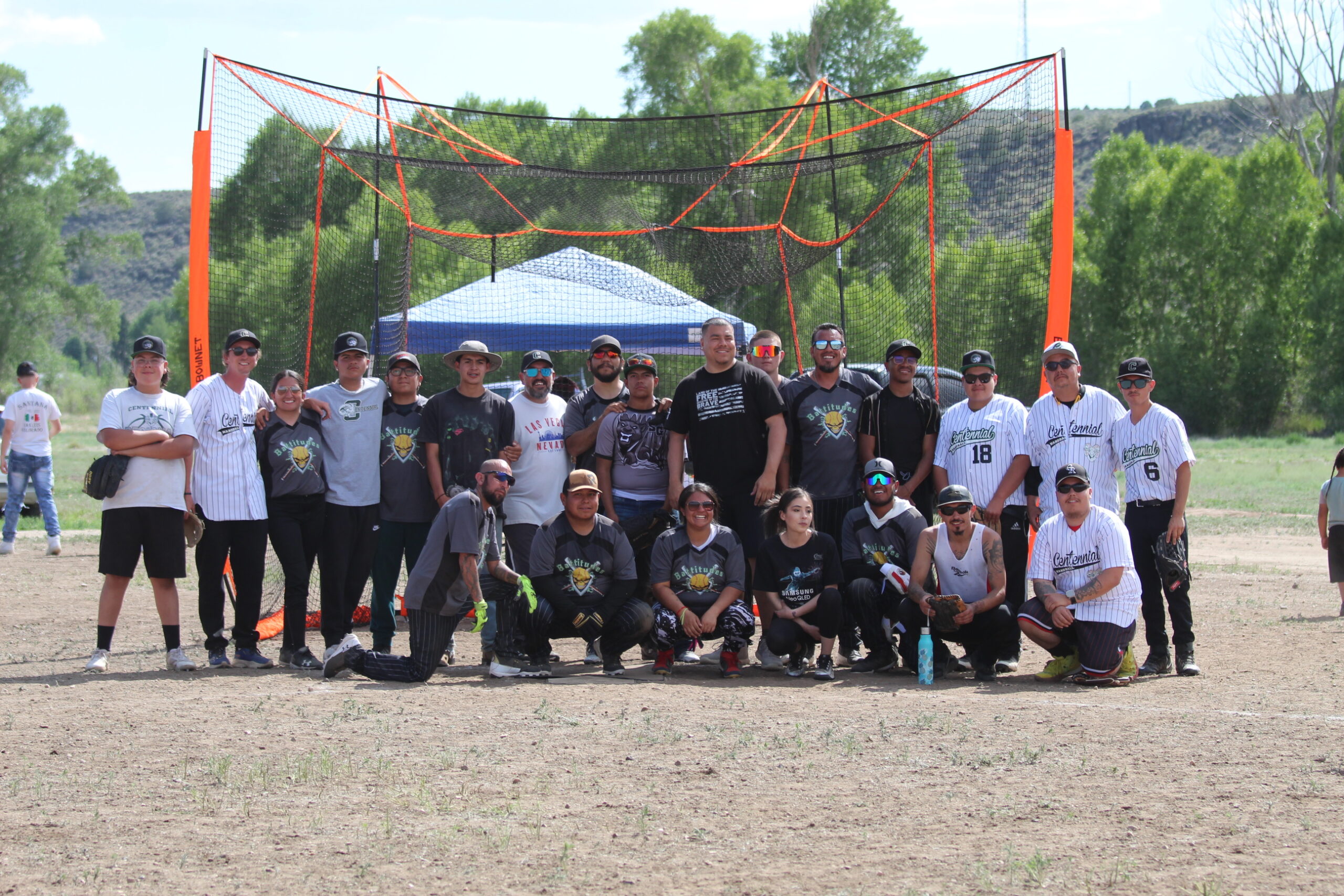Colorado often reflects the national conversation about the relationship between rural and urban communities. While the narrative of a “rural-urban divide” persists, there’s a growing movement of people actively working to bridge that gap and bring our communities closer together.
One key figure in this effort is Don Thorn. With deep roots in agricultural education and community engagement, Don brings valuable insights shaped by his upbringing in Yuma and his current role at Colorado State University (CSU). His unique perspective helps connect rural and urban experiences, positioning him as a vital voice in the ongoing conversation about fostering collaboration across Colorado.
What is the story of the rural-urban connection in Colorado?
There has been much talk about a rural-urban divide in Colorado, but there are also many connections being fostered between our state’s communities. My lens is that of someone raised in Yuma on a farm, now lives on the Front Range and works at CSU in Fort Collins.
CSU, as the state’s land grant university, takes the mission very seriously and has many people working to make sure that the University is available to provide educational access and lifelong learning to all citizens of Colorado—rural and urban.
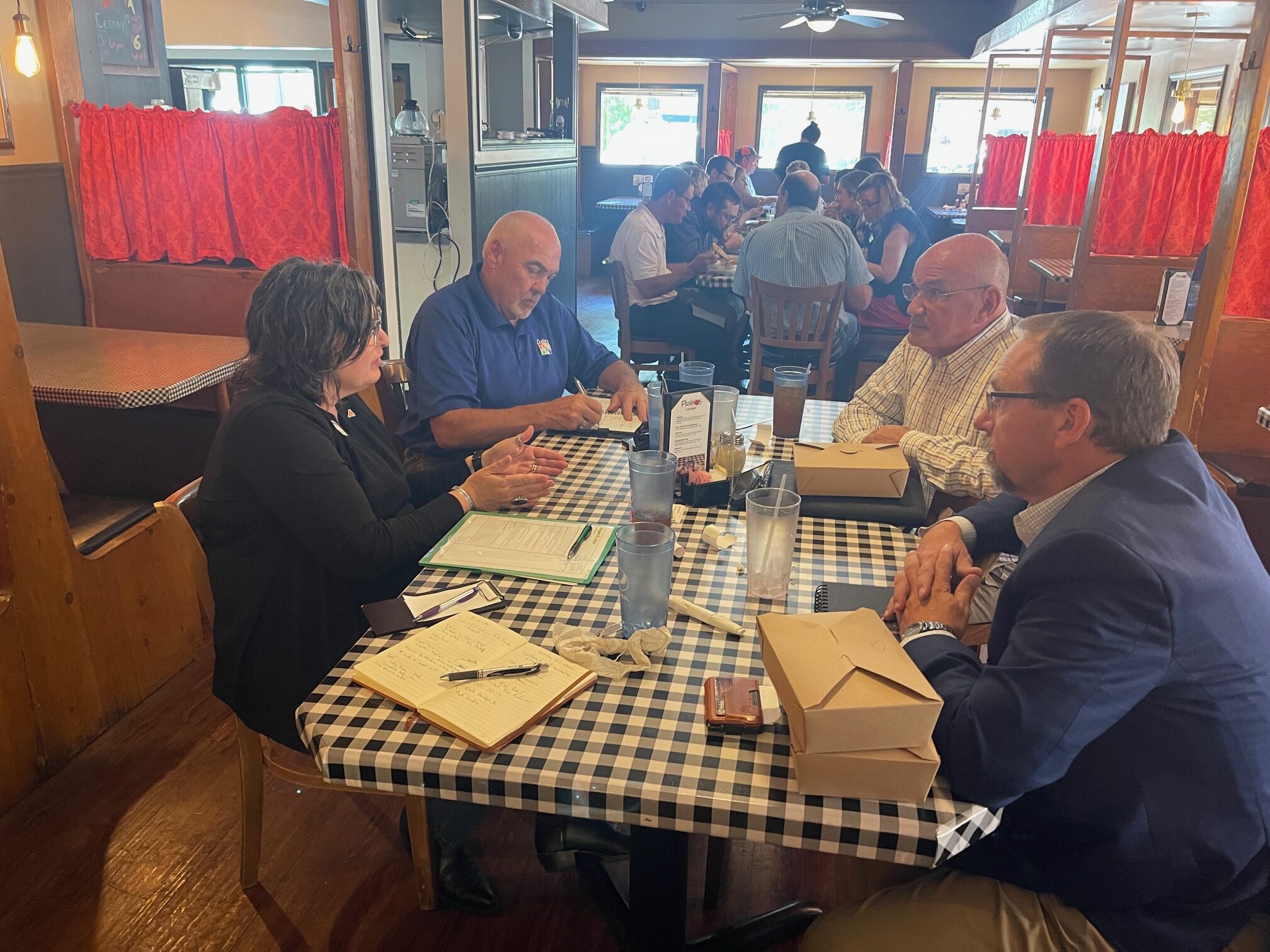
What led to your interest in your position at CSU?
I’ve had a long-time connection to CSU, starting as a student when I graduated from CSU in 1996. I have been a “RamFan” ever since. In my previous occupation at the Colorado FFA Foundation, I worked closely with many great people at CSU, especially through the construction of the CoBank Center for Agricultural Education. CSU, specifically the College of Agricultural Sciences and the Office of Engagement and Extension, wanted someone who had existing relationships in both our rural areas of Colorado and in urban spaces to help connect and reconnect campus to rural and rural to campus, it felt like a natural fit. I have enjoyed working in this space for the last year and a half.
What are the most promising opportunities that you see in the state to advance relationships between urban and rural communities?
There are two opportunities that stand out. One is CSU Engagement and Extension. With CSU representation in almost every county in Colorado there is a natural connection linking all citizens of Colorado not only to the University but to each other through shared educational opportunities. The other is the CSU Spur campus in Denver. To my knowledge, no other land-grant university has a campus in their state’s largest city dedicated to providing education and outreach to urban citizens while staying connected to agriculture and rural communities. The Spur campus is a significant commitment from CSU where all Coloradans can learn from each other.
What is your biggest role in facilitating relationships between urban and rural communities? How do you implement this in your work, day-to-day?
I am part of a much larger team of CSU employees focused on this very task, some in Fort Collins and some located throughout Colorado. My role in building these relationships is focused on connecting rural partners to campus in whatever ways may be important to them. It might be campus exploration for high school students, helping school counselors get connected to the right people at CSU, or connecting a farmer or rancher to a scientist on campus. It also works the other way, too. It also involves helping campus (broadly stated) connect with rural communities. One of my mentors and previous supervisors told me she was a “professional connector” — that is what I aspire to be, too!
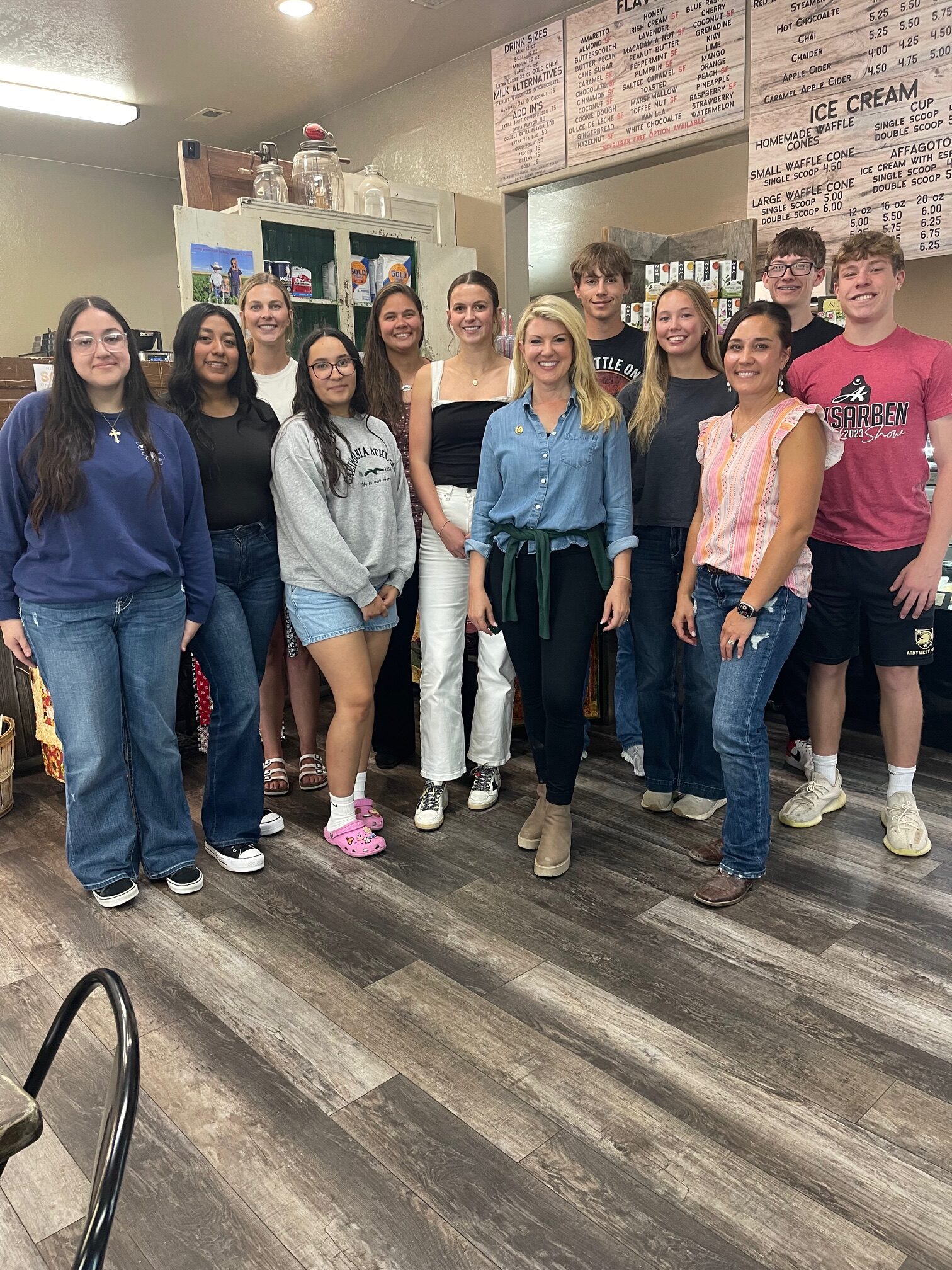
What challenges and successes have you encountered in bridging these two worlds?
The main success is seeing how much people appreciate CSU’s presence in both rural and urban — and I have been able to be a part of that. From assisting with personal farm and dairy tours for President Parsons, to helping host U.S. Senate hearings in Burlington, to CSU day at the Rockies — and a whole bunch of opportunities in between. Recently, another mentor of mine talked about the importance of helping people connect rather than focusing on how to convince. This resonates strongly and guides my approach to this work.
How has your experience as a parent, and specifically a Boettcher parent, influenced your work?
Like all parents, I want the best for my children in whatever path they choose. My wife, Bridget, and I feel very fortunate that our son was a Boettcher Scholar. Both our children grew up in rural Colorado and are now thriving in urban communities. I hope my work can support a state where connections across rural and urban communities are celebrated, and we focus less on what on any divide that exists.
Through his work, Don exemplifies what’s possible when we focus on building bridges rather than reinforcing barriers. His efforts at CSU are helping to ensure that Colorado’s communities — rural and urban — can and do thrive together.
That’s the spirit of Boettcher.

